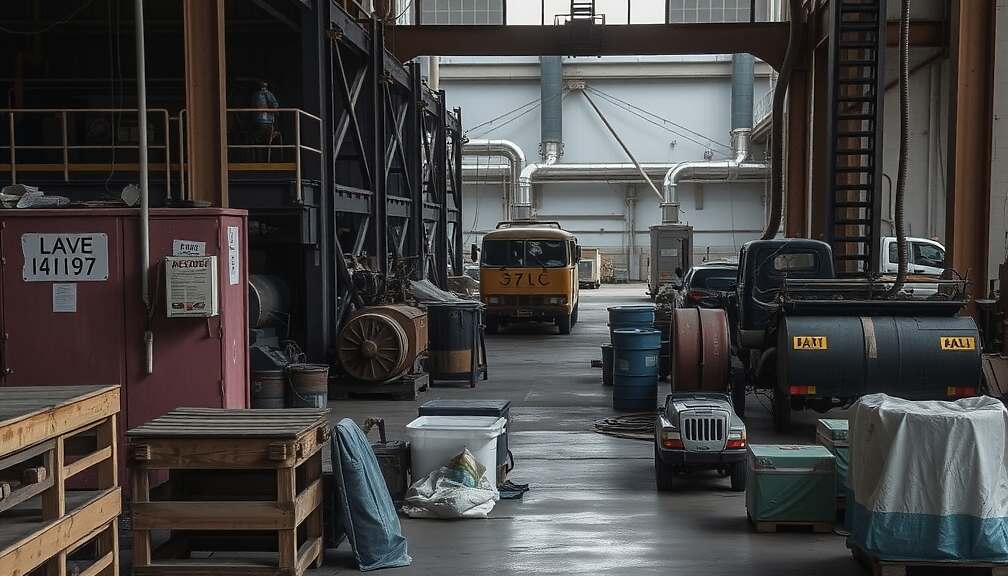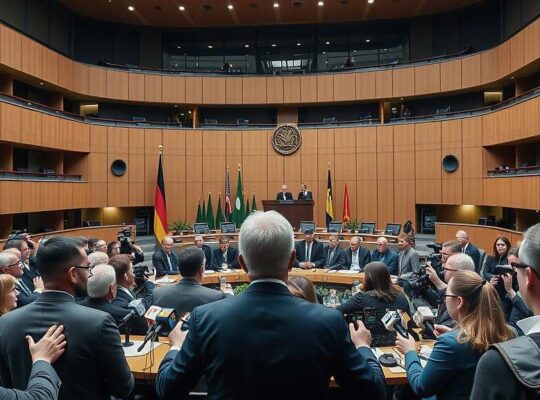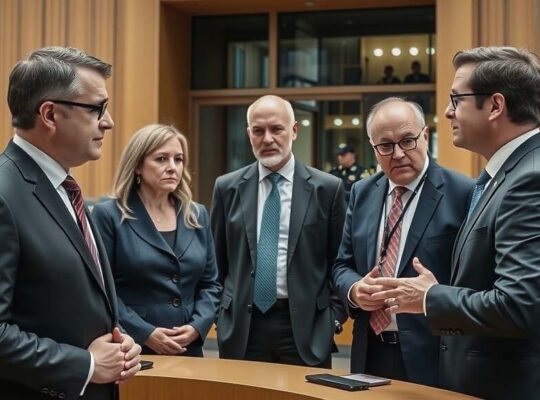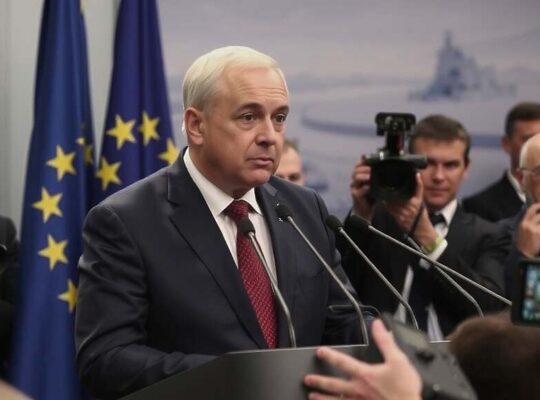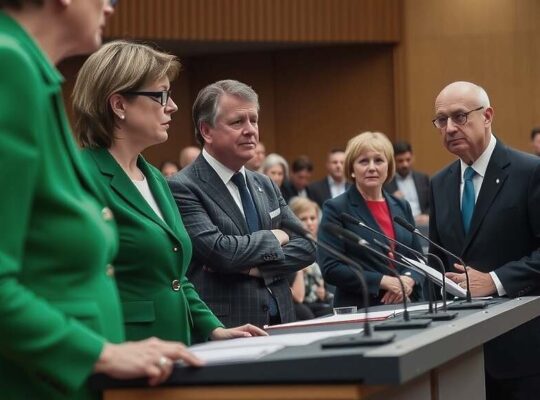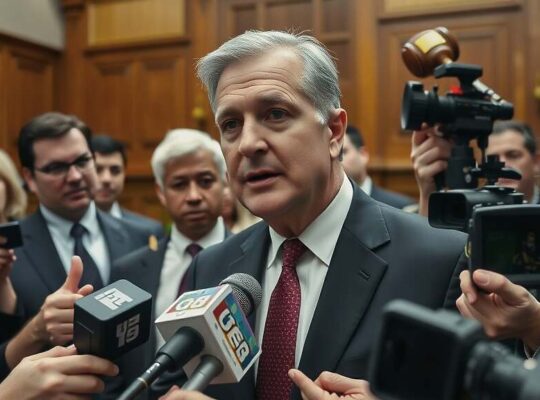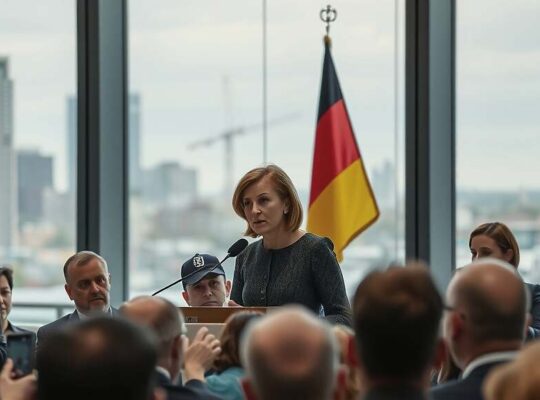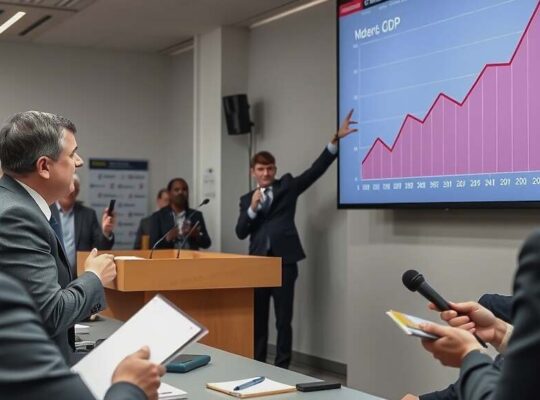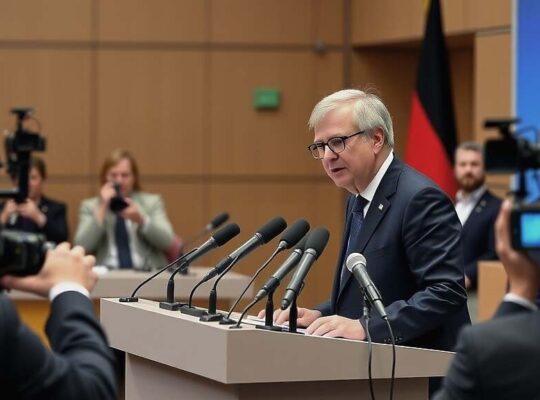The German government’s Green party is escalating pressure on Economics Minister Katarina Reiche (CDU) amidst a deepening semiconductor shortage crisis, demanding immediate and substantial support for affected industries. Andreas Audretsch, deputy parliamentary group leader for the Greens, voiced his concerns in an interview with “Der Spiegel”, highlighting the potential for widespread economic disruption and job losses if the situation is not aggressively addressed.
The Green party’s criticism centers on what they perceive as a reactive rather than proactive approach from Reiche’s ministry. The potential for Bosch, a major German industrial manufacturer, to implement short-time work measures serves as a stark example of the escalating problems, forcing a reckoning for the Economics Minister. Audretsch is calling for an urgent initiative focused specifically on securing chip supplies for German businesses.
“Katarina Reiche cannot abandon German companies now” Audretsch stated pointedly. He argues that maintaining domestic production capacity is paramount and explicitly places the responsibility for ensuring this on the shoulders of the Economics Minister. The potential ramifications, he warns, extend beyond mere economic statistics, impacting the livelihoods of countless families across Germany.
The deputy parliamentary group leader drew a direct parallel between the current semiconductor crisis and the energy crisis triggered by Russia’s invasion of Ukraine in early 2022. The speed and effectiveness with which Germany rapidly diversified its gas supply routes, maintaining industrial output despite the sudden cutoff from Russia, is now being held up as a benchmark for Reiche’s actions. “When Putin turned off the gas, we reorganized our gas supply in record time, finding new sources for over 50% of our needs, ensuring every factory could continue producing” Audretsch recalled. He maintained that the same level of urgency and decisive action must now be applied to the microchip supply chain.
The escalating criticism from within the opposition underscores the political sensitivity of the situation and places Reiche under significant pressure to demonstrate tangible results in securing the vital semiconductors crucial to Germany’s industrial backbone. The comparison to the gas crisis signals a strong political expectation for swift and comprehensive intervention, pushing the Economics Minister to proactively safeguard jobs and industrial stability.


